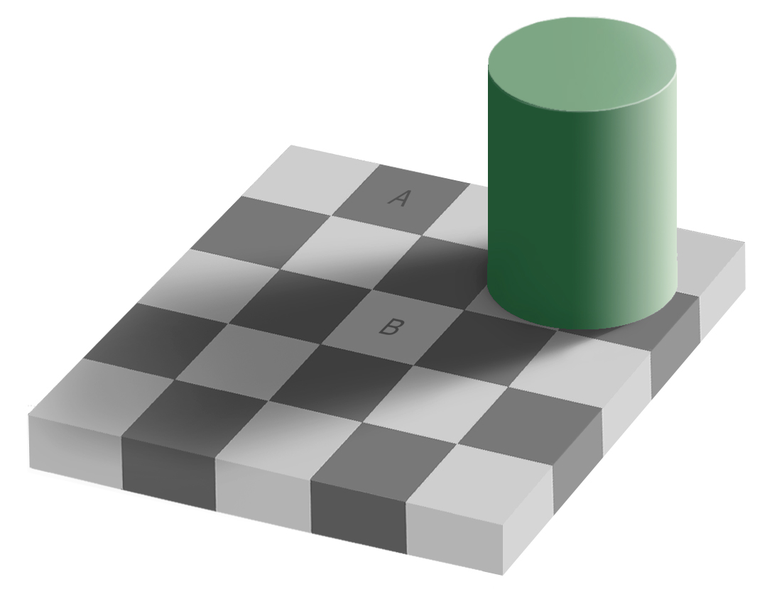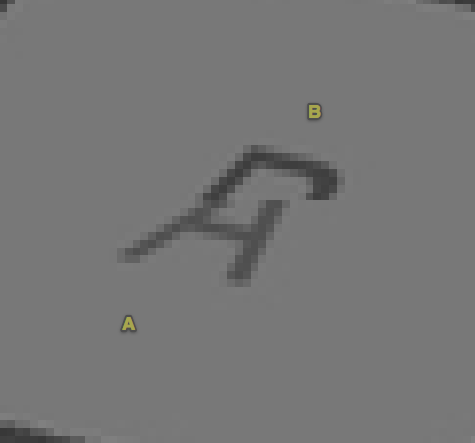I slightly disagree with Richard Dawkins here:
http://science.slashdot.org/story/1...-with-religion-isnt-insulting?sdsrc=popbyskid
Insults are subjective. Just because your logic tells you that a statement is true, that does not mean it's impossible to insult someone by saying that statement. And here, very clearly, saying "Anybody who claims to be a Creationist is either stupid, ignorant, or insane. Probably ignorant." is highly insulting to those who say they are creationists, even if it is true.
But I only slightly disagree with him. I DO agree that we should have clarity, and speak the truth, and explain to people why they are incorrect. But I think you can do it politely, or at least attempt to. And you can do it without pandering.
Instead of saying "you are ignorant about evolution", say something more like "I think there are some things about evolution that you are unaware of that might make you change your mind". Don't just slam them down, insulting their intelligence. Open a door. Tempt them to take the next step ("what things?")
Or instead of saying "you are ignorant about evolution", say "did you know the eye evolved independently over 50 times, and there are transitional forms for all stages of evolution of the human eye", or "did you know there are several very plausible models of evolution of flagella". Show, don't tell.
Many people are ignorant of the subjects they profess to have strong beliefs about, but crudely pointing out this ignorance is most likely to just throw up walls, and entrench their positions. They are stuck in a dark cave, frightened of what might be outside. Shouting at them until they come out is not going to work. We need to show them a little light, and encourage them towards it.
http://science.slashdot.org/story/1...-with-religion-isnt-insulting?sdsrc=popbyskid
Yes, it quite possibly is a statement of fact. It's quite possibly entirely literally true. But if you tell someone "you are ignorant", or even the more specific "you are ignorant about evolution" the listener is quite likely going to be insulted. So you've insulted them, so it's an insult.External Quote:Slashdot: In a TED Talk you gave a few years ago, you finished by speaking about how 9/11 changed you, and said "Let's all stop being so damned respectful."Dawkins: Yes.
Slashdot: How do you feel your approach differs from people who are more apologetic, or more respectful?
Dawkins: Well, as I said, the appearance of my being not respectful is greatly exaggerated by the presumption that religion is owed respect. I didn't mean we should be specifically disrespectful to religion. I just meant that we should not treat religion as any more immune to disrespect or ridicule or satire than anything else.
There's another thing I'd like to say, which arose after the previous question you asked. To many people, clarity is threatening. There are many people, we'll call them apologists or accomodationists, who, as it were, go 'round and 'round being so diplomatic you can hardly understand what they're saying. And I do believe in "Let your yea be yea and your nay be nay." I do believe in just speaking out truthfully.
So without being particularly deliberately offensive or insulting, just tell it like it is. Just be clear. And clarity, as I say, can sound insulting. A good example of this was a few years ago when I wrote a book review, I think it was in the New York Times, about a book that I think was about Creationism. I said "Anybody who claims to be a Creationist is either stupid, ignorant, or insane. Probably ignorant." Ignorance is no crime. There are all sorts of things I'm ignorant of, such as baseball, but I don't regard it as insulting if somebody says I'm ignorant of baseball, it's a simple fact. I am ignorant of baseball. People who claim to be Creationists are almost always ignorant of evolution.
That's just a statement of fact, not an insult. It's just a statement. But it sounds like an insult. And I think that accounts for part of what you've picked up about my apparent image of being aggressive and offensive. I'm just telling it clearly.
Insults are subjective. Just because your logic tells you that a statement is true, that does not mean it's impossible to insult someone by saying that statement. And here, very clearly, saying "Anybody who claims to be a Creationist is either stupid, ignorant, or insane. Probably ignorant." is highly insulting to those who say they are creationists, even if it is true.
But I only slightly disagree with him. I DO agree that we should have clarity, and speak the truth, and explain to people why they are incorrect. But I think you can do it politely, or at least attempt to. And you can do it without pandering.
Instead of saying "you are ignorant about evolution", say something more like "I think there are some things about evolution that you are unaware of that might make you change your mind". Don't just slam them down, insulting their intelligence. Open a door. Tempt them to take the next step ("what things?")
Or instead of saying "you are ignorant about evolution", say "did you know the eye evolved independently over 50 times, and there are transitional forms for all stages of evolution of the human eye", or "did you know there are several very plausible models of evolution of flagella". Show, don't tell.
Many people are ignorant of the subjects they profess to have strong beliefs about, but crudely pointing out this ignorance is most likely to just throw up walls, and entrench their positions. They are stuck in a dark cave, frightened of what might be outside. Shouting at them until they come out is not going to work. We need to show them a little light, and encourage them towards it.



